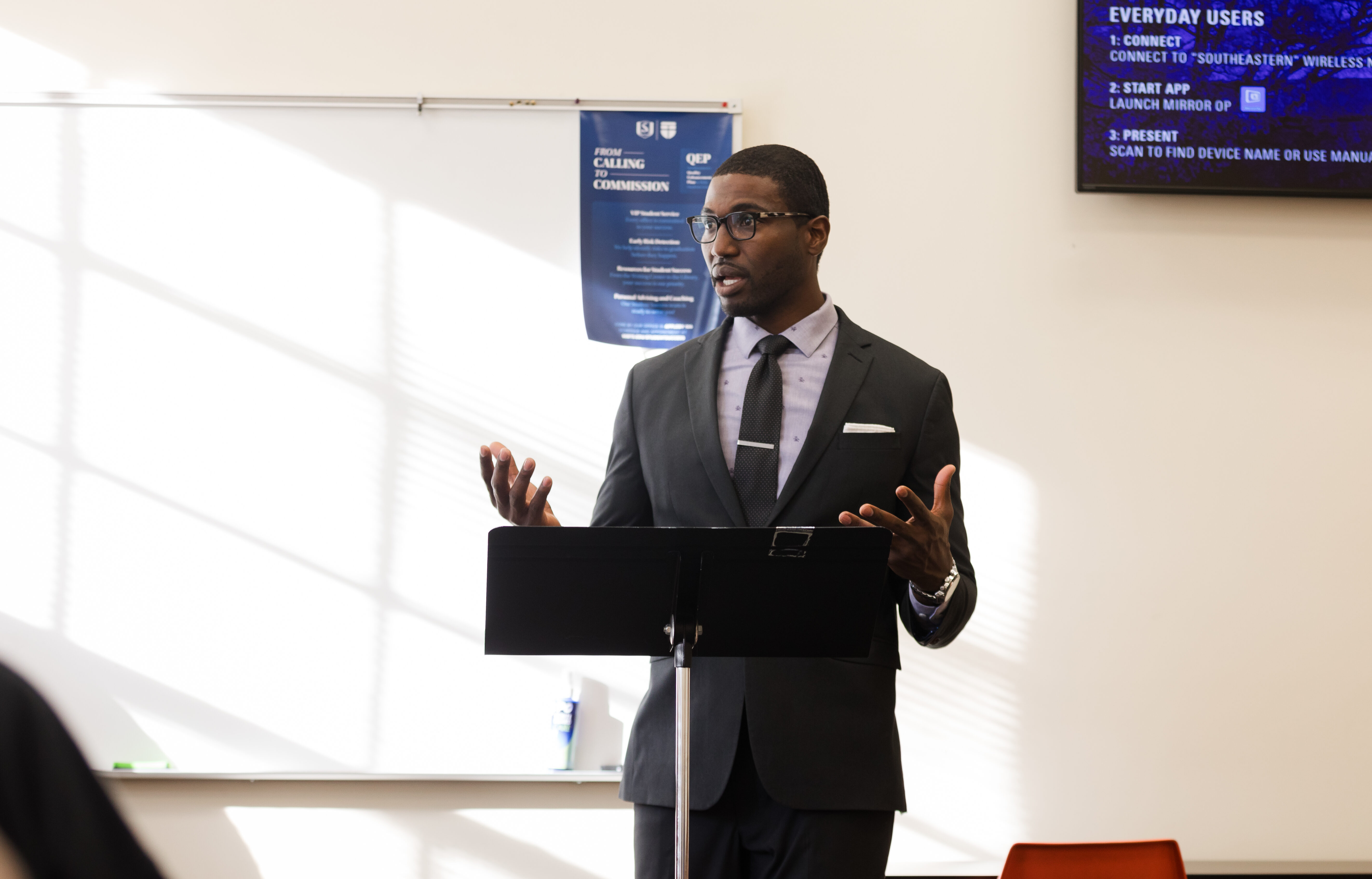A Rhythmic Reminder
Three stories have encouraged me lately—each unfolding in the first month, the month of Nisan, when the Israelites celebrated Passover and God’s deliverance from Egypt. A common thread emerges in the stories of Joshua, Nehemiah, and Esther. Nisan wasn’t just a time for God’s people to reflect on the past—it was a season of remembering his faithfulness so they could step forward with trust.
1 Joshua and the Israelites set up twelve stones after crossing the Jordan, a marker to remind future generations of God’s deliverance. Joshua 4:19-20 tells us these stones stood as a visible sign of God’s faithfulness. And when did this occur? During the month of Nisan.
2 In Nehemiah two, Nehemiah boldly asks to be sent to Judah to rebuild the wall—when? During Nisan.
3 And when did Haman begin casting lots for the destruction of the Jewish people? During Nisan (Esther 3:7). Even in the face of uncertainty and threat, God was at work, reminding his people that he is the great deliverer.
These moments weren’t random. In God’s providence, each moment aligned with with Passover, a time for his people to remember his faithfulness. It was a divine reminder that he is not just present in the past—God is active in our present and in our future, meeting us in our weaknesses and fears.
Remembering is not just about perspective—it is also about action. The Hebrew word for remember, zakar, means to remember with purpose. The Israelites’ stone markers, Nehemiah’s bold request, and Esther’s courageous stand all point to the same truth: Remembering what God has done strengthens us to step forward in faith.
Neuroscience Meets Faith
Here’s something incredible: Remembering doesn’t just change our perspective; it rewires our brains. As an occupational therapist, one of the things I find fascinating is how God has designed our minds.
Did you know that your brain’s fear center (the amygdala) and your gratitude center (the prefrontal cortex) can’t function at full capacity at the same time? It’s like a seesaw—when one is active, the other quiets down. Choosing gratitude isn’t just a feel-good exercise; it rewires our brains for peace.
In Romans 12:2 (ESV), Paul urges us to “be transformed by the renewing of your mind.” This isn’t just a spiritual concept—it’s a physical reality. Science shows that engaging in gratitude rewires neural pathways, combating anxiety. Each time we focus on his faithfulness, we activate the brain’s stress-calming areas, strengthening a path toward peace.
It’s incredible how God, in His wisdom, designed gratitude and remembering to work together—not just spiritually, but physically.
Creating Rhythms of Remembrance
Remembering is a way of life. It’s about creating rhythms and routines that keep us grounded in truth, no matter what uncertainties we face.
God, in His wisdom, built rhythms into creation. Just as seasons repeat, he designed us to live by patterns that draw us back to him. In Scripture, he calls his people to mark time with rhythms of remembrance: celebrating Passover, observing Sabbath, and keeping feasts and festivals. These weren’t arbitrary traditions; they were intentional anchors, shaping individuals and communities in the truth of God’s goodness.
The same is true for us. We need markers to help us remember—not just in monumental moments, but in everyday life. A simple prayer before meals, a weekly Sabbath rest, a gratitude journal, or an annual time of reflection—these rhythms train our hearts to remember. They help us look back so we can step forward with trust, knowing that the God who was faithful yesterday will be faithful tomorrow.
As Phylicia Masonheimer writes in Raising Tiny Disciples, “If we do not intentionally create the culture we want for our families, it develops anyway—and not always in a positive direction.”
What culture are we creating? What do we value? The habits we build, the traditions we establish, and the moments we set aside for reflection shape us. In a world constantly pulling us in different directions, these markers of remembrance help us resist distraction and recenter on what truly matters.
Big or small, these rhythms anchor our hearts and minds. Because when life gets uncertain, distractions creep in, and doubts arise, it won’t just be our willpower that keeps us steady—it will be the well-worn paths of remembering God’s faithfulness is already laid before us.
The Power of Remembering
In Luke 22:19, Jesus tells us, “Do this in remembrance of me.” At the Last Supper, He gave us a tangible way to remember his sacrifice on the cross. This wasn’t just a spiritual command—it was an invitation to engage both our hearts and minds. When we remember him, we re-anchor ourselves in the truth of his love, grace, and provision.
Remember what God has done. Remember his faithfulness. Remember his provision. In doing so, we actively renew our minds, counteracting the anxiety that clouds our hearts.
Let’s set up markers in our lives—both spiritual and physical—that keep our eyes fixed on God’s faithfulness. Let’s cultivate rhythms of gratitude and trust, knowing that just as he prepared Joshua, Nehemiah, and Esther for their unknown futures, he is preparing us for what’s ahead.
Because when we remember, we are changed.





No comments have been added.